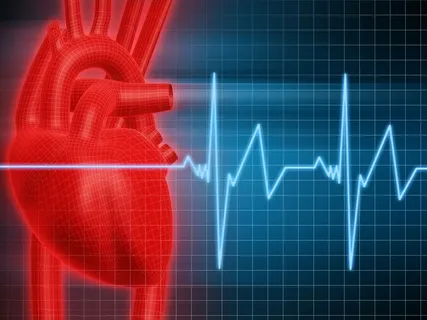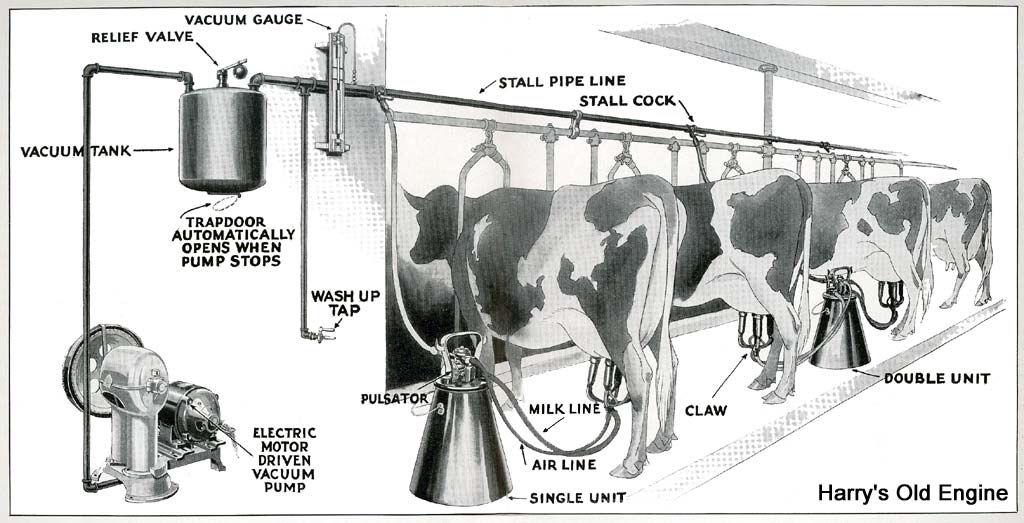Introduction
Heart failure is a serious medical condition that affects millions of individuals worldwide. Despite its prevalence, it often goes undiagnosed until its later stages when complications arise. Recognizing the subtle signs and symptoms of heart failure can lead to early intervention and improved outcomes. In this article, we delve into the ignored signs of heart failure, unmasking its symptoms to promote awareness and proactive healthcare management. Explore More About Health
Understanding Heart Failure
Before delving into the often overlooked symptoms of heart failure, it’s crucial to grasp the fundamentals of this condition. Heart failure, also known as congestive heart failure, occurs when the heart’s pumping function is impaired, leading to inadequate blood flow to meet the body’s needs. This can result from various underlying conditions such as coronary artery disease, hypertension, or previous heart attacks.

The Role of Symptoms in Diagnosis
Diagnosing heart failure can be challenging due to its diverse clinical presentation. Healthcare providers rely on a combination of medical history, physical examination, and diagnostic tests to confirm the diagnosis. However, the symptoms of heart failure are often mistaken for other less severe conditions, leading to delayed diagnosis and treatment initiation.
Unmasking Ignored Symptoms
Fatigue and Weakness
Fatigue and weakness are common symptoms experienced by individuals with heart failure. However, they are often attributed to aging or a hectic lifestyle, leading to their dismissal. Persistent fatigue, especially when accompanied by exertional weakness, should raise suspicion for underlying cardiac dysfunction and prompt further evaluation.
Shortness of Breath
Shortness of breath, or dyspnea, is a hallmark symptom of heart failure. It may manifest during physical activity or even at rest, interfering with daily activities and quality of life. Many individuals overlook mild dyspnea or attribute it to being out of shape. However, unexplained or worsening shortness of breath warrants medical attention to rule out heart failure or other respiratory conditions.
Fluid Retention
Fluid retention, characterized by swelling in the legs, ankles, or abdomen, is a classic sign of heart failure. This occurs due to the heart’s inability to effectively pump blood throughout the body, leading to fluid buildup in the tissues. While some may dismiss mild swelling as a normal part of aging or dietary indiscretion, recurrent or worsening edema should prompt evaluation for heart failure.
Persistent Cough
A persistent cough, especially one accompanied by frothy sputum or blood-tinged mucus, may indicate heart failure. Fluid buildup in the lungs, known as pulmonary edema, can trigger coughing spells, particularly when lying down or at night. Individuals often attribute such coughs to allergies or respiratory infections, delaying the diagnosis of underlying heart dysfunction.

Comparative Table: Symptoms of Heart Failure vs. Other Conditions
| Symptom | Heart Failure | Other Conditions |
|---|---|---|
| Fatigue and Weakness | Common, especially with exertion | Often attributed to aging or lifestyle |
| Shortness of Breath | Hallmark symptom, may worsen at rest | Dismissed as being out of shape |
| Fluid Retention | Swelling in legs, ankles, abdomen | Misinterpreted as normal aging or diet |
| Persistent Cough | Accompanied by frothy sputum or blood | Mistaken for allergies or respiratory infections |
Seeking Timely Medical Evaluation
Recognizing the ignored signs of heart failure is the first step towards seeking timely medical evaluation and intervention. If you or a loved one experience any of the aforementioned symptoms, it’s essential to consult a healthcare professional promptly. Early diagnosis and management can help prevent complications and improve the quality of life for individuals living with heart failure.
Conclusion
Heart failure remains a significant public health concern, with overlooked symptoms contributing to delayed diagnosis and treatment. By unmasking the ignored signs of heart failure, we aim to raise awareness and empower individuals to prioritize their cardiovascular health. From fatigue and shortness of breath to fluid retention and persistent cough, recognizing these symptoms can lead to early intervention and improved outcomes. Remember, proactive healthcare management is key to combating heart failure and enhancing overall well-being.










